what are the best natural remedies for anxiety?
Are you struggling with feelings of anxiety and looking for natural ways to manage it? In this article, we will explore the best natural remedies for anxiety that can help you find relief without relying on prescription medications. From herbal supplements to mindfulness practices, we will cover a range of techniques that can support your mental health and well-being.
Understanding Anxiety and Natural Solutions
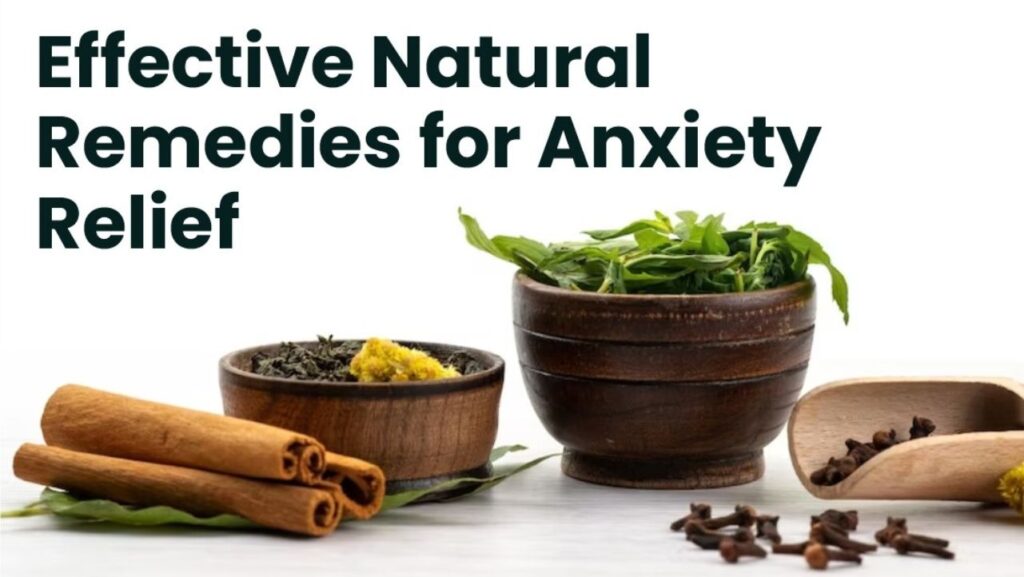
Anxiety, a prevalent mental health condition, affects numerous individuals, manifesting through various symptoms such as persistent worry, fear, or restlessness. Despite the availability of pharmacological treatments, a growing number of people are gravitating towards natural remedies for anxiety.
These natural approaches aim to tackle the underlying causes of anxiety, fostering overall mental and physical health. The appeal of these solutions lies in their potential to offer relief without the common side effects associated with medication. By focusing on natural remedies for anxiety, individuals can explore a holistic path to managing their symptoms, incorporating practices that promote balance and wellness in every aspect of life.
This shift towards natural solutions underscores a broader trend of seeking sustainable, health-conscious alternatives to conventional anxiety management strategies.
The Power of Herbal Supplements in Managing Anxiety
Herbal supplements stand out among the best natural remedies for anxiety, offering a gentle yet effective way to ease symptoms. Herbs such as chamomile, known for its soothing properties, valerian root, which acts as a natural sedative, and passionflower, with its ability to reduce nervous restlessness, are all excellent choices for those seeking herbal solutions. By leveraging the natural calming effects of these herbs, individuals can experience a decrease in the intensity of their anxiety symptoms.
Incorporating these supplements into a daily routine can provide a sense of tranquility and peace, helping to mitigate the stressors of everyday life. It’s important, however, to consult with a healthcare provider before starting any new supplement regimen, especially for those with existing health conditions or who are taking other medications, to ensure safety and efficacy in the context of their overall health strategy.
The Role of Diet and Nutrition in Anxiety Reduction
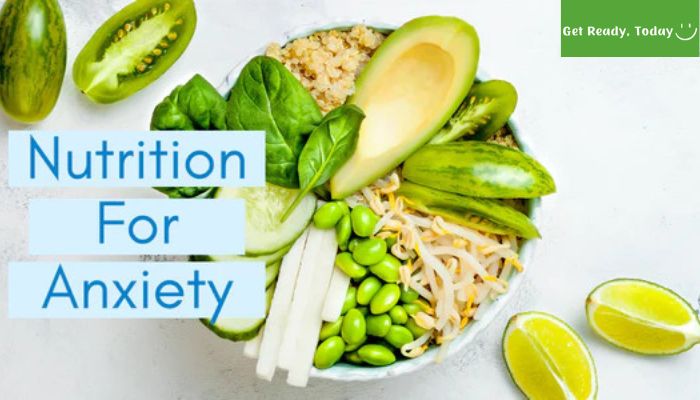
Diet and nutrition are pivotal in the landscape of natural remedies for anxiety. What you eat can significantly influence your mental health. A nourishing diet, centered on whole foods, fruits, vegetables, and lean proteins, supplies the body with essential vitamins and minerals that play a critical role in mood regulation and anxiety management. For instance, omega-3 fatty acids, found in fish like salmon, and magnesium, abundant in leafy greens and nuts, are nutrients linked to lower levels of anxiety.
Incorporating these foods into your diet can bolster your body’s natural ability to combat stress. Moreover, limiting intake of stimulants such as caffeine and processed sugars can prevent the spikes and crashes that may aggravate anxiety symptoms. Instead, focusing on a balanced, nutrient-dense diet can stabilize mood and energy levels, serving as a foundational element in the quest for mental wellness. By mindfully selecting foods that support mental health, you are laying the groundwork for effective anxiety management through natural means.
Physical Activity: A Natural Anxiety Reliever
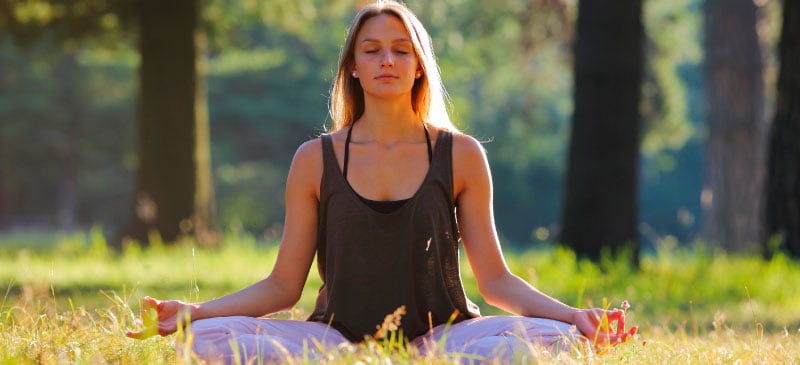
Engaging in physical activity is a cornerstone among natural remedies for anxiety, thanks to its ability to release endorphins, which are often referred to as the body’s own natural stress-fighters. These endorphins act as mood elevators, helping to alleviate symptoms of anxiety and imbue a sense of calm and happiness.
Whether it’s a brisk walk in nature, a rejuvenating yoga session, or an energetic spin class, the key is to choose an activity that not only gets your heart rate up but also brings you joy and satisfaction. Regular exercise also improves sleep quality and increases self-esteem, which can further diminish anxiety levels. It’s the simplicity and accessibility of physical activity that makes it a highly effective tool for managing anxiety.
No special equipment or memberships are necessarily required; all that’s needed is a commitment to move your body and the willingness to make it a consistent part of your life. This practice not only fosters physical health but serves as a proactive measure in maintaining mental balance, proving that the connection between body and mind is both powerful and vital for overall well-being.
Mindfulness and Meditation Practices
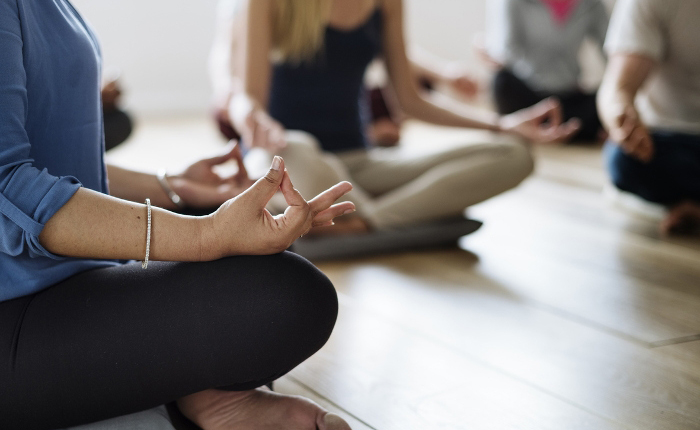
In an era where the pace of life seems ever-increasing, mindfulness and meditation stand out as transformative practices in the realm of natural remedies for anxiety. These practices guide individuals to anchor themselves in the present, often leading to a profound sense of peace and a reduction in anxiety levels.
Meditation involves setting aside time to be in stillness, focusing on breath or a mantra to quiet the mind’s chatter. This can lead to a noticeable decrease in stress and an increase in emotional resilience over time.
Mindfulness, on the other hand, is about maintaining a moment-by-moment awareness of our thoughts, feelings, bodily sensations, and surrounding environment. It can be practiced at any moment of the day, helping individuals to respond more calmly and thoughtfully to situations that might otherwise trigger anxiety. The beauty of these techniques lies in their simplicity and the fact that they require no special equipment or environment to be effective.
They empower individuals with the tools to self-regulate their emotional state, fostering a sense of control and calmness in the face of life’s inevitable ups and downs. By dedicating time to cultivate these practices, one can significantly enhance their ability to manage anxiety naturally.
The Importance of a Good Night’s Sleep
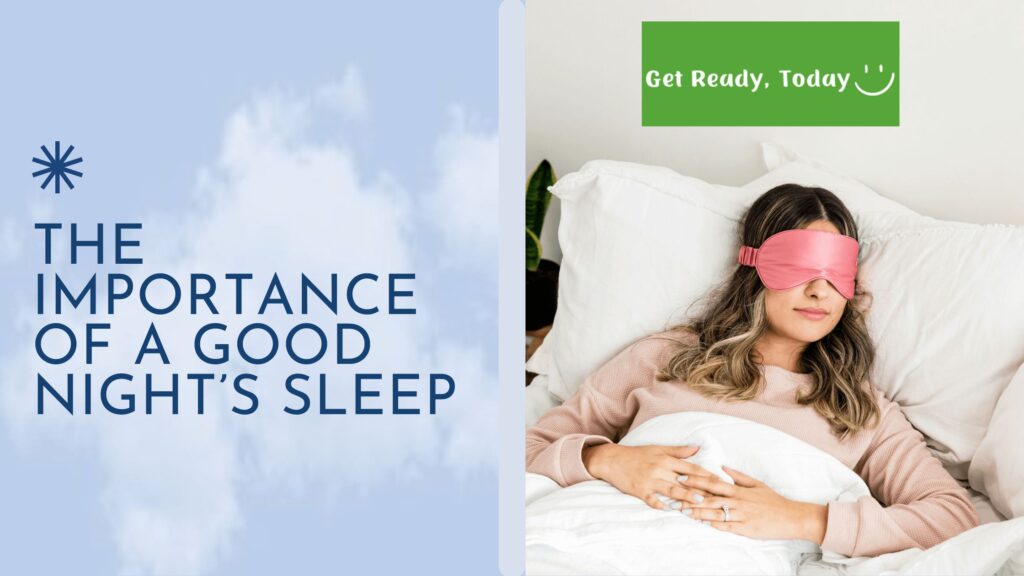
Adequate rest plays an indispensable role in our mental health regimen, particularly when managing anxiety. When we skimp on sleep, our body’s ability to handle stress diminishes, potentially escalating the severity of anxiety symptoms. Establishing a consistent sleep schedule helps synchronize our body’s natural clock, leading to more predictable and restful sleep cycles.
By crafting a serene bedtime environment — think dim lights, cool temperatures, and minimal noise — we foster conditions conducive to deep, healing sleep. Embracing practices such as limiting screen time before bed and engaging in relaxing activities like reading or gentle stretching can further prime the mind and body for rest.
Additionally, avoiding stimulants like caffeine in the latter part of the day can prevent disruptions to our sleep patterns. Prioritizing sleep hygiene not only aids in reducing anxiety but also bolsters our overall resilience, enabling us to navigate life’s stresses with greater ease and stability.
Engaging in these practices consistently forms the foundation of a healthy sleep routine, underscoring the critical connection between quality sleep and effective anxiety management.
Aromatherapy and Essential Oils
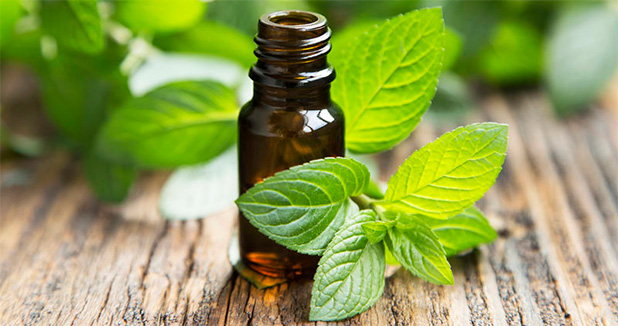
Aromatherapy, utilizing the essence of plants through their oils, is recognized as a compelling method among natural remedies for anxiety. The unique compounds found in essential oils, such as lavender, which is renowned for its relaxation properties, bergamot, with its uplifting scent, and chamomile, known for its calming effects, interact with the brain and nervous system to ease anxiety symptoms. This interaction can trigger positive emotional responses, helping to soothe the mind and reduce feelings of stress.
Incorporating essential oils into your lifestyle can be done in various ways: diffusing them into your living space to create a tranquil environment, applying them topically with a carrier oil for a calming effect on the body, or adding a few drops to a warm bath for a relaxing experience. These practices not only offer immediate sensory relief but also work over time to help manage anxiety levels more naturally. It’s essential to choose high-quality, pure essential oils and to use them safely, especially when applying them to the skin.
Aromatherapy provides a simple yet powerful tool to enhance emotional and mental health, serving as a gentle reminder of the connection between our olfactory senses and our inner sense of peace.
Combining Natural Remedies for Comprehensive Anxiety Management
Embracing a holistic approach to anxiety management means integrating various natural strategies to address both the mind and body. By thoughtfully incorporating elements from each key area explored, individuals can create a personalized and effective regimen for mitigating anxiety. Imagine starting your day with a nourishing breakfast rich in omega-3s and magnesium, setting a strong nutritional foundation.
This could be followed by a morning meditation session, grounding you for the day ahead. Integrating herbal supplements like chamomile or passionflower could offer additional support, especially during moments of heightened stress. Regular physical activity, whether it’s a jog in the park or a yoga class, can boost endorphin levels and improve overall mood.
The day can end in a sanctuary of calm, with a sleep-promoting routine enhanced by the soothing scents of essential oils like lavender, ensuring a restful night’s sleep. This multi-faceted approach not only addresses immediate anxiety symptoms but also builds a resilient foundation for long-term mental health and well-being. Tailoring these strategies to fit personal preferences and lifestyles ensures they are not only manageable but also a rewarding part of everyday life.
Through this comprehensive synthesis of natural remedies for anxiety, one can navigate life’s challenges with greater ease and serenity, embodying a true sense of balance and wellness.



